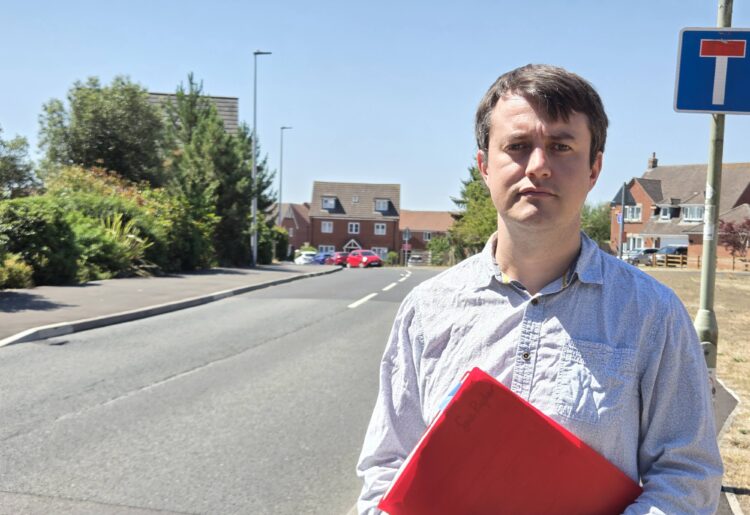One of the most common frustrations I hear from residents is the sense of being trapped by hidden and unfair fees that come attached to their homes. Whether it is service charges on new estates, maintenance contracts, or other add-ons, these costs often feel more like an open-ended bill that residents never agreed to.
One of the biggest examples of this is the charge for Suitable Alternative Natural Greenspaces, known as SANGs.
SANGs are green areas created to reduce pressure on sensitive habitats like Thames Basin Heaths. They are a valuable part of the planning system: spaces for dog walking, family outings, and community recreation. Crucially, they are supposed to be funded as part of the contribution from developers and landowners when new homes are built. That is fair. What is not fair is the way those costs are being passed on to residents in a manner that is opaque, excessive, and permanent.
Here in Shinfield, the SANGs are managed not by Wokingham Borough Council directly but by one of its so-called “partners”, the University of Reading. The problem is simple: the cost of management is sky-high and it keeps rising year on year. Residents are locked into charges linked to RPI, an outdated and unfair measure of inflation that consistently rises faster than CPI, the index used for most household costs. This means they face increases in perpetuity with no realistic way of challenging or escaping them.
When I examined the figures, the reality was staggering. Reading University charges local residents more than ten times per hectare what WBC spends managing its own SANGs. These are not small margins or reasonable variations. This is profiteering at the expense of people who simply want a home they can afford to live in without being burdened by unfair extras.
When I raised this directly in the council chamber, I asked a simple question: is it fair for one of our partners to take advantage of residents in this way? The response from the executive member was that it was between residents and the University of Reading. Frankly, that is not good enough. Residents expect their council to defend them, not shrug their shoulders and look away.
To be clear, SANGs themselves are not the problem. They are vital. The problem lies in the way agreements have been signed off without safeguards to protect future homeowners. Developers and partners should not be allowed to lock residents into one-sided contracts where costs spiral out of control. That is where the council must show leadership, stand up to its partners, and ensure that agreements on new developments are fair, transparent, and genuinely in the community’s interest.
I am glad to have secured an assurance from the University of Reading that in future developments, including the major Loddon Garden Village project, SANG charges will not be levied in this way. That is a step in the right direction. But let us be honest: it is little comfort for the families in Shinfield who remain stuck paying these rip-off fees, with no end in sight.
I am working closely with residents’ groups, and with our local MP Yuan Yang, to push for a better deal. There has been some progress, both on reducing the figure charged and on exploring the possibility of a buy-out. However, the pace has been slow and the University has not always provided clear or timely information. That lack of transparency only deepens residents’ frustration.
If Wokingham Borough Council is serious about delivering high-quality, affordable housing, it must get its house in order. That means working with partners who share the goal of building communities, not using residents as a bottomless pit of cash. Labour councillors and MPs are fighting to rebalance the system, to tip power back into the hands of homeowners and renters, and to protect them from unfair and hidden fees.
Residents deserve transparency. They deserve fairness. And above all, they deserve a council that is firmly on their side.
Cllr Andrew Gray is Labour councillor for Shinfield on Wokingham Borough Council












































